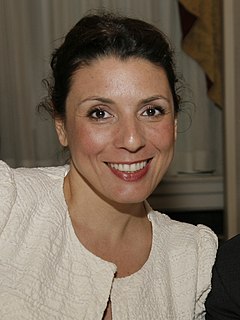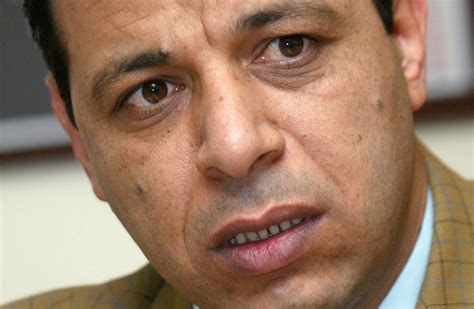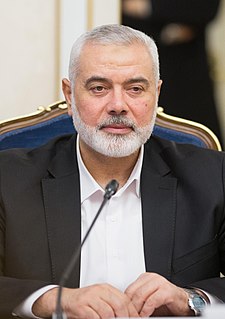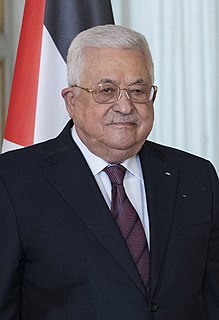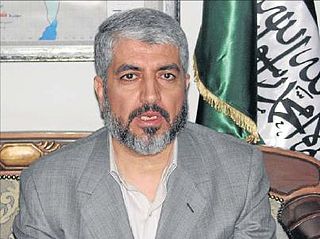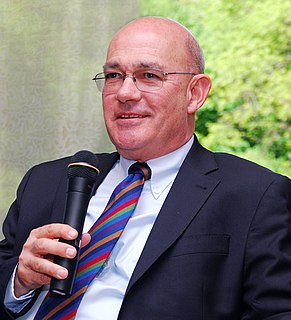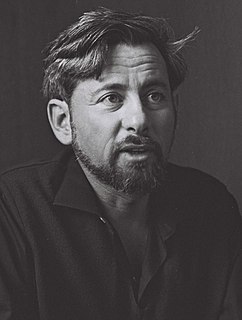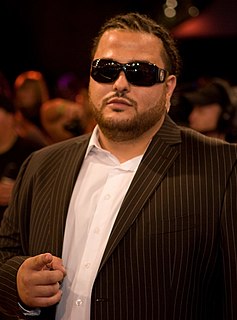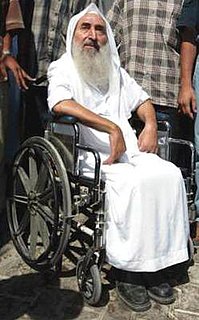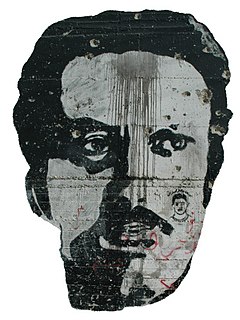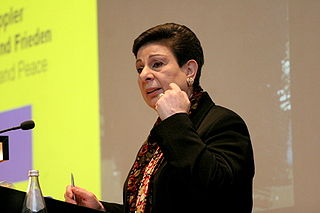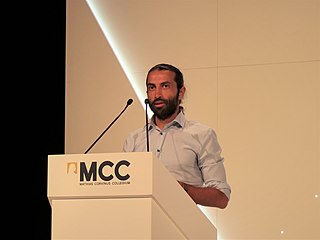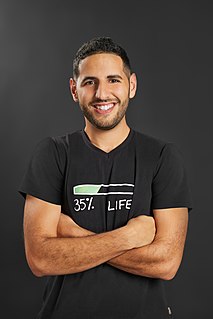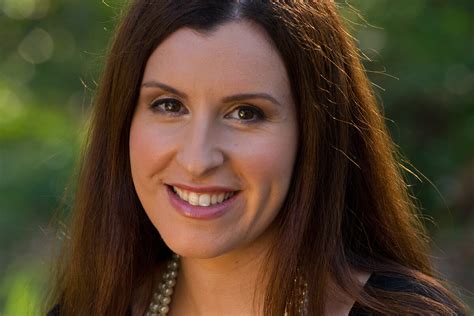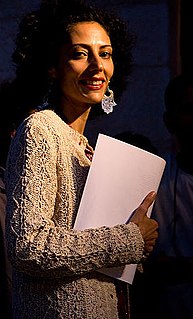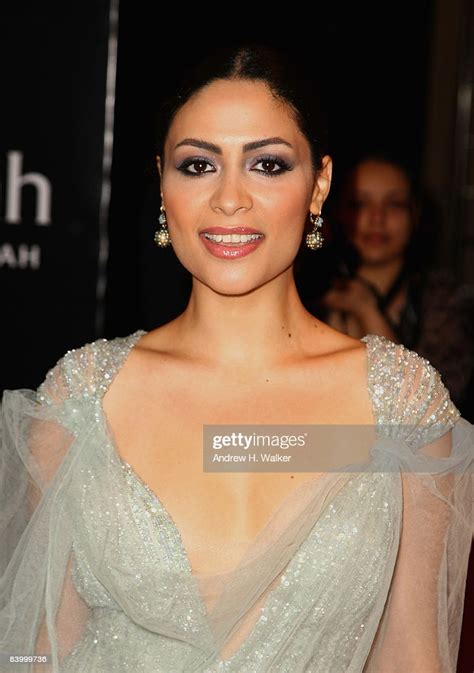A Quote by Saeb Erekat
Look, I am a Palestinian elected representative from Jericho. If a Palestinian wants to sell his fruit anywhere in the West Bank, he goes to the Israeli civil administration. If a Palestinian sick person wants to leave a hospital, he goes through the Israeli civil administration. Nobody can leave or enter my constituency without Israeli permission. Israel is, in effect, resuming the occupation.
Related Quotes
He is someone who is involved in the Israeli-Palestinian conflict in a fundamental way. Let's start with who Dani Dayan is. He was the former head of one of the main settler councils, the Yesha Council, which is a kind of umbrella organization for settlements in the occupied West Bank. Now, you know, for some countries this might not be an issue, but Brazil has made a point of its policies on the Israeli-Palestinian issue.
In some of the Israeli media, but not all, they read about very nasty things done by Israeli settlers and soldiers to Palestinian Arabs. This is a pain in the neck for many Israelis. They say: Leave us alone, what can we do about it? Or they say: Look at Syria, look at Iraq, the West Bank is paradise by comparison. I was one of the first to say, shortly after the Six-Day War, that occupation is corrupting. It corrupts the occupier and, in a different way, it corrupts the occupied.
A peaceful resolution to the Israeli-Palestinian conflict will likely depend to a great extent on the economic development of a future Palestinian state. As I have argued before, private sector investment - especially in the West Bank - is going to prove crucial in creating the right political and social context for peace.
If the corrupt Jordanian monarchy were overthrown, it would be the ideal opportunity to solve the Israeli-Palestinian conflict, because the West Bank and Jordan could then be united. There is already a Palestinian majority in Jordan, and there is enough room for everyone there. That would be the best revolution I could imagine.


